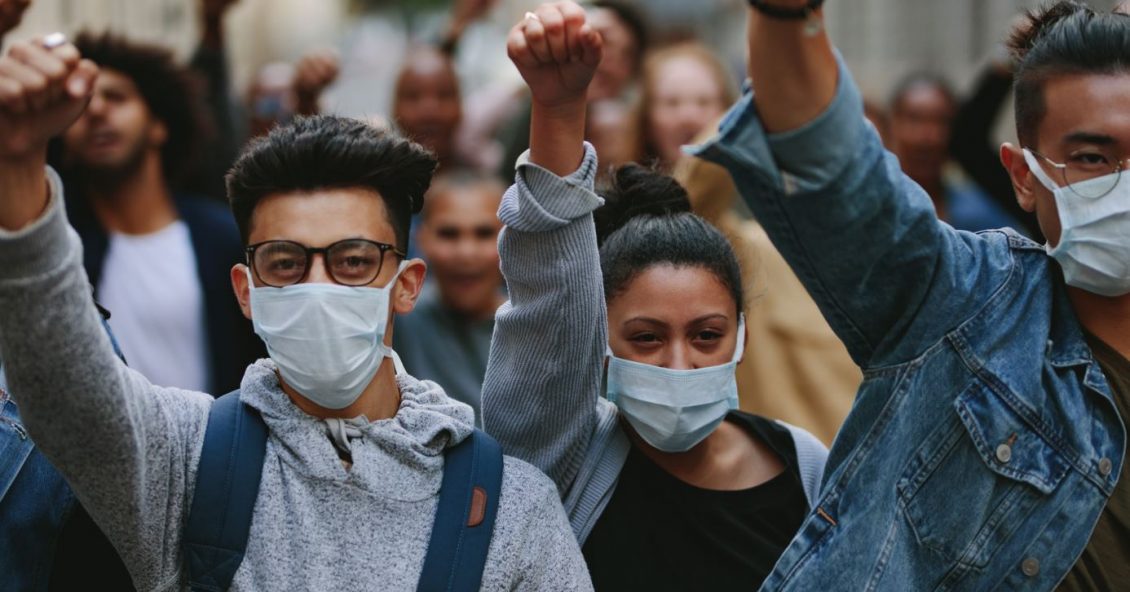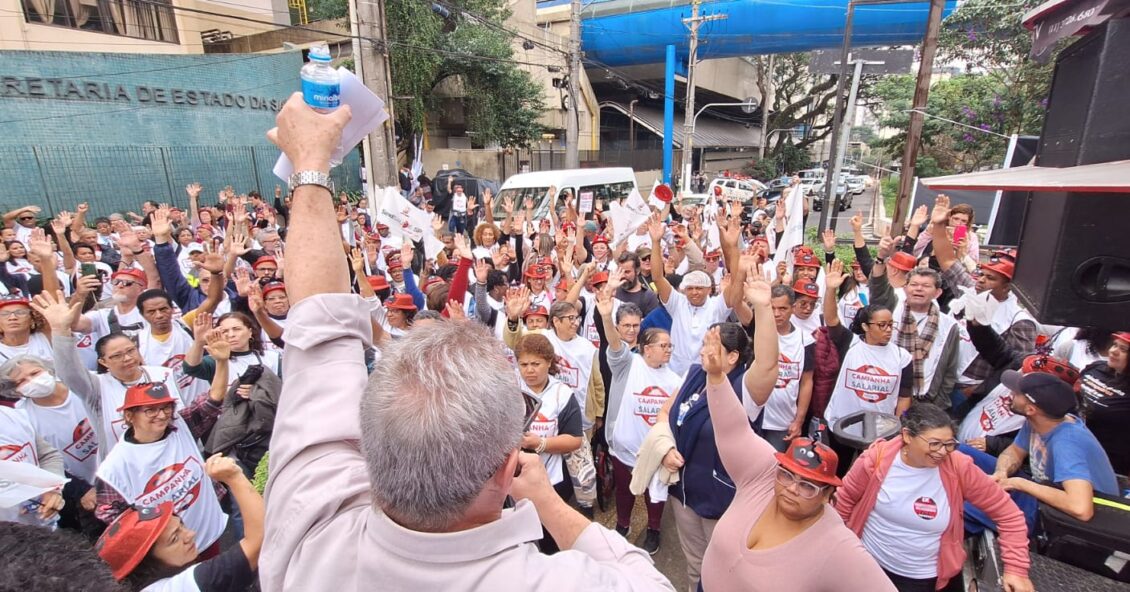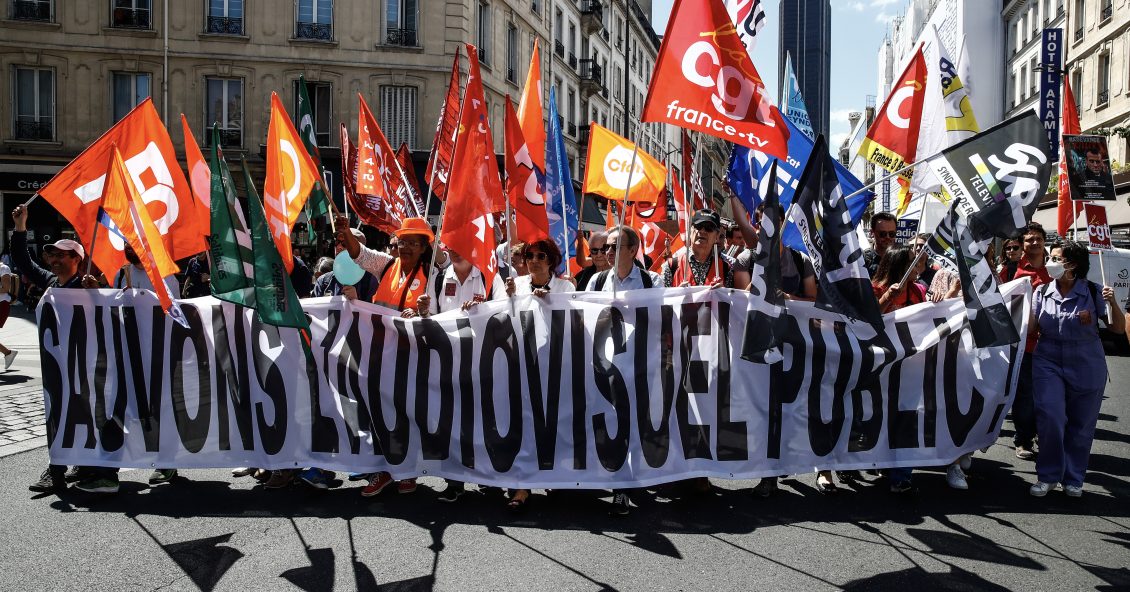Two years of the pandemic, two years of resilience
11.03.22
As we mark the second anniversary of the pandemic, workers around the world are showing strength in the face of continued uncertainty.
Life is returning to something more “normal” for many. States and employers are dropping restrictions put in place to contain the virus. Masks are falling by the wayside in countries where vaccination rates are high or where the Omicron super wave has made it possible for the population to build immunity. But still the virus is spiking in many parts of the world, and war threatens to destabilize economies still in recovery.
“We have seen incredible resilience and courage from workers the world over, and there have been amazing rays of hope—Fresenius workers in Slovenia organizing for better conditions, DHL drivers in Nigeria winning a first collective agreement, retail workers in Australia and Japan curbing customer violence,” said Christy Hoffman, General Secretary of UNI Global Union. “But unfortunately, many are still without the safe jobs, decent wages and union rights that they deserve.
“The pandemic accelerated technological change—transforming how millions of us work while further enriching already unfathomably wealthy tech giants. It exposed and exacerbated the extreme degree of inequality within countries and between nations. It has also shown the fundamental role of unions and collective bargaining in addressing these imbalances.”
UNI Global Union and our affiliated unions are taking action to ensure that the world of work does not merely revert to its pre-pandemic standards but emerges better than before. We have put forward research and guidelines for bargaining to address the explosion of remote work. Unions are organizing to elevate essential workers who are keeping their communities safe, fed, clean and healthy during the pandemic. We are advocating for the International Labour Organization to make occupational safety and health a fundamental right for all.
“We cannot allow old problems to fester in the new normal. Occupational health was a global crisis before COVID-19, but the call for worker safety was made more urgent by the pandemic—where an untold number of workers were infected on the job,” said UNI’s Hoffman. “Unions everywhere are heeding this call by demanding vaccine equality, stronger regulations, greater investment, more training and collaboration on workplace safety. These are critical steps to ensure that by this time next year, COVID-19 is behind us and a future with safer jobs lies ahead.”
News


